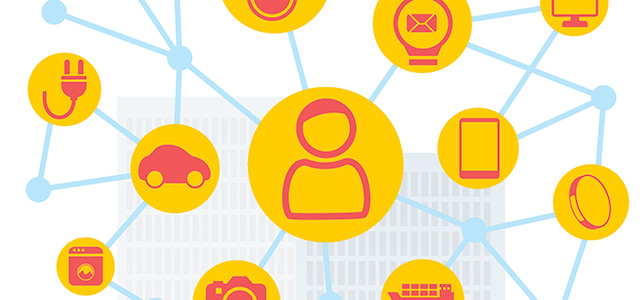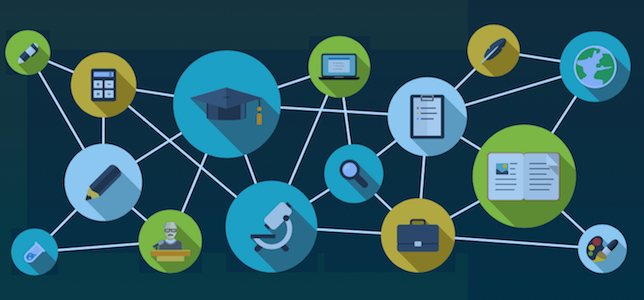
Babson College's Lewis Institute for Social Innovation has launched the IoT For Good Lab to encourage the use of the Internet of Things (IoT) for social good.

In an effort to boost recruitment and retention as well as enhance the student and faculty experience, Emory & Henry College has upgraded its wireless network with a managed WiFi service from Apogee.
An IDC survey found that bandwidth optimization (36 percent), consistent application security (31 percent), integration with existing WANs (28 percent) and improved automation and self-provisioning (28 percent) were the most common reasons enterprises are considering SD-WAN adoptions.

Fifty-nine percent of IT and network managers in a recent survey use the cloud to support e-mail at their institution, and 41 percent for data file storage.

Large data transfers, cross-campus collaboration and information sharing are advancing research at Florida Atlantic University, thanks to 10 Gigabit-per-second Ethernet from Comcast Business.

The solution? Drenthe College installed hundreds of Bluetooth-enabled sensors around campus connected to an Azure IoT Hub, which lets administrators measure classroom capacity as well as update the campus’s scheduling system to allow more on-the-fly-meetings.

Forward-thinking CIOs are exploring the potential of IoT technologies in higher education and heading off challenges along the way.
The Connect America Fund Phase II auction (otherwise known as "Auction 903") will award up to $198 million annually for 10 years to service providers that commit to offer deliver 10 Mbps-caliber voice and broadband services to fixed locations in unserved high-cost areas.

The 58-campus North Carolina Community College System recently selected Fujitsu M10 servers and Ellucian software to be implemented at 40 colleges. As a result, NCCCS is experiencing a 50 percent decrease in power consumption using the energy efficient green technology, in addition to faster response times.

A team of faculty at Stanford University has launched the Platform Lab, a new initiative that aims to develop infrastructure to control swarms of devices, such as drones or autonomous vehicles.